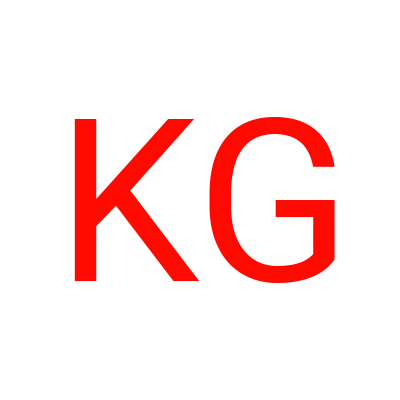I conducted workshops for work for the last 4 years. Let me tell you about the time I tried to facilitate a design workshop *and* contributed brilliant ideas. Big mistake, especially with a large group. We ended up spending an hour arguing over journey flows, and no one could even remember the actual purpose of the session. That’s when I realized: workshops need a facilitator—and not just someone trying to do two jobs at once.

In 2023, I decided to learn from the best and get certified in workshop facilitation with AJ Smart in Berlin, Germany. They are the leading training program in workshopfacilitation which work with Google, IKEA, Netflix and other top Fortune 500 companies. Jake Knapp, who create the Design Sprint concept at Google, is also a contributor.
I attend his Knapp two-day design workshop in January 2024 which was fun and mind blowing on how he orchstrated chaos.
Here’s what I have learned so far on why every design team benefits from having a dedicated workshop facilitator:
1. Keeps Things on Track (And Avoids Button-Color Debates)
A facilitator makes sure the workshop stays focused, guiding discussions back to the important topics when they inevitably veer off. They ensure the team doesn’t waste time on trivial debates and actually tackles the key design problems.
2. Ensures Everyone Gets Heard
A facilitator gives everyone—especially the quieter members—a voice. They create space for all participants to share their ideas, ensuring that great concepts don’t get lost because someone’s too shy to speak up.
3. Manages Conflict Like a Pro
Design teams are full of passionate people, and that means disagreements happen. A facilitator mediates these debates and keeps discussions productive, helping the team stay aligned and focused on the bigger picture.
4. Boosts Creativity
Facilitators know how to get ideas flowing, even when the room feels creatively stuck. With techniques like rapid brainstorming or design thinking exercises, they break through the mental blockages and bring out the best ideas.
5. Delivers Clear, Actionable Outcomes
Without a facilitator, workshops can end in chaos, leaving you with a bunch of sticky notes and no clear next steps. Facilitators ensure that the team walks away with a concrete plan and everyone knows what to do next.
6. Allows You to Focus on Design
Most importantly, having a facilitator frees up the design team to focus on what they do best: design. Instead of worrying about managing the session, you can dive into the creative work knowing someone else is steering the ship.
The Takeaway: When you can, don’t try to run a workshop and contribute simultaneously. Sometimes, it is about fostering ideas. Be selective. A facilitator keeps the session productive, encourages collaboration, and ensures you actually leave with a plan. So, for your next workshop, bring in a facilitator—you’ll thank me late

